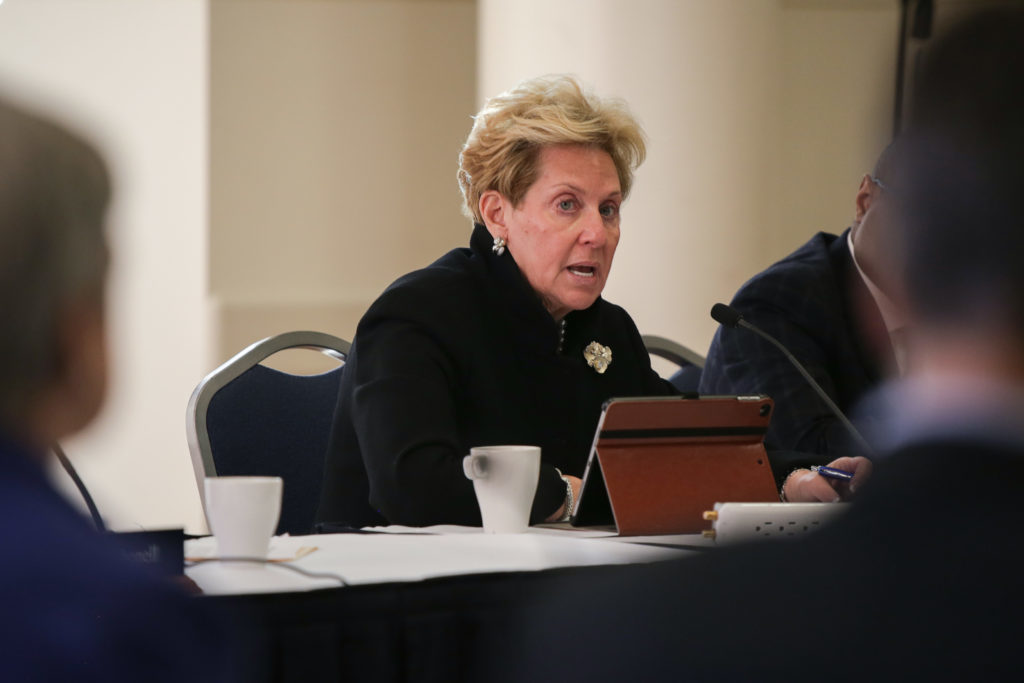Tuition will increase next academic year by about 3 percent for the 12th consecutive year.
The Board of Trustees unanimously approved a 3.1 percent tuition increase at a meeting Friday, bringing the sum to more than $56,000. The board approved a 3.2 percent boost in tuition last academic year, a number consistent with years past.
Tuition will cover the cost of taking 18 credits next year.
The cost of attendance will also increase by roughly 3.1 percent next year, hitting nearly $71,000 for freshmen depending on their housing assignments and dining plan. The cost includes a $150 bump in dining dollars for students who do not have an in-unit kitchen and $250 for those with a kitchen, bringing the totals to $4,750 and $3,050, respectively, officials said.
The board initially overhauled the University’s meal plans last spring amid increased concerns about food insecurity on campus. The updated meal plans are dictated by whether or not a student has a kitchen, instead of a tiered system giving freshmen the most money – $4,100 – and seniors the least – $1,200.
“I think as a general principle, if you don’t build in regular increases, you’re going to end up where, at some point, the amount that we have today – $2,600 or whatever it will be – will feel like the $1,200 that we dealt with last year,” University President Thomas LeBlanc said.
Tuition for the next academic year is typically approved at the board’s February meeting, but LeBlanc said officials updated the timeline to comply with the “prior-prior” rule, a federal regulation that went into effect last academic year. The rule allows students to apply for financial aid earlier in the academic year using tax information from two years prior in their application.
“It used to be that since we couldn’t package your financial aid until the spring anyway, it didn’t matter if we moved the price discussion to late December or whatever, as long as we had it before we packaged,” LeBlanc said. “But now, with early decision, we’re trying to package some students earlier on using the prior-prior rule.”
Ellen Zane, the vice chairwoman of the Board of Trustees and the head of the Committee on Finance and Audit, added that graduate tuition will also increase next academic year at different rates depending on the program. She said the hikes range between 3 and 7.1 percent, averaging 3.5 percent across all programs.





